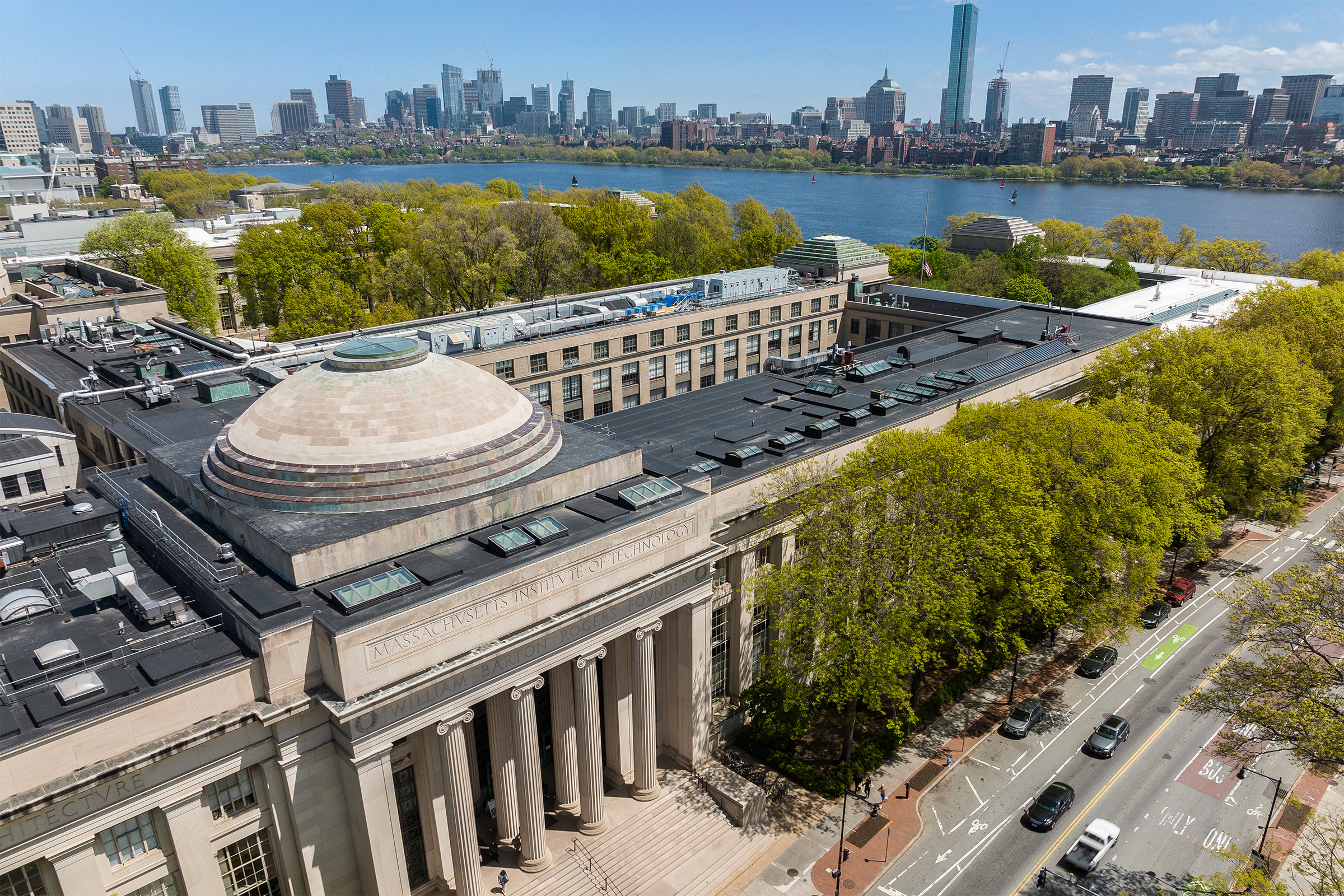
The program’s success is prompting the Venture Mentoring Service to bolster its offerings for entrepreneurs starting businesses aimed at making positive change.
Zach Winn | MIT News Office
Last summer, leaders of MIT’s Venture Mentoring Service (VMS) noticed a growing trend in entrepreneur applications to the program: An increasing number of aspiring founders were expressing a passion for social impact.
VMS, which connects students and alumni with teams of mentors, hosts bootcamps, holds expert office hours, and offers an annual Demo Day, did not previously have offerings to help founders focused on this type of impact, so its leaders decided to pilot an Impact Speaker Series.
The series, which featured experienced early-stage entrepreneurs from the MIT community and took place throughout the year, was a smashing success. In total, more than 1,200 MIT community members registered across eight events, including students at all stages of their education as well as alumni interested in making a positive impact on the world through entrepreneurship.
“We felt an intense desire from attendees to explore entrepreneurship as a path to solve our most pressing problems,” VMS mentor and series co-Lead Paul Bosco says. “The degree to which students identified with challenges such as climate, health, sustainability, and education, rather than their major, was striking. Our goal was to help them see a path as first-time founders.”
Now VMS is riding the momentum from the speaker series by rolling out more support services for impact-driven students, including hosting additional events, adding experienced impact entrepreneurs and social enterprise experts to its network of mentors, and connecting with more funders and executives with experience leading organizations focused on impact.
Ultimately, VMS believes these new efforts will bolster MIT’s broader mission of translating science and innovation from its labs and classrooms into positive advances around the world.
“Our pivot to strengthen support for founders with a passion for impact is absolutely aligned with the mission of MIT,” Bosco says. “Pursuing research and ideas with a passion for world-changing impact has always been in the DNA of MIT. A new generation of entrepreneurs is challenging us to help them hone their skills and lead organizations to build a better world.”
Striking a chord
Each one of VMS’ events had a different theme, from addressing general founder challenges, like first time pre-seed or nondilutive fundraising to building startup ventures in sectors like climate, health care, and education. One panel focused on helping entrepreneurs find their personal paths to success and impact, featuring founders leading impactful companies at different stages of development. Another panel discussion, titled Funding Your Path to Impact and Success, featured investors and directors of programs funding ventures delivering impact.
“I want to encourage founders to consider driving toward a new ‘unicorn success’ model, where success is not measured in $1-billion-dollar valuations, but is based on world-changing carbon reductions, water cleanliness, lives saved, students inspired, etc.,” Ela Mirowski, a program director with the National Science Foundation, told the audience at one event.
In total, the events featured 24 expert speakers, early-stage founders, and funders. Impact driven businesses, speakers emphasized, can take many forms. Bosco, who moderated one of the panels, says he’s heard from students and alumni interested in starting for-profit companies focused on profit and impact, what he called “dual bottom lines,” as well as students interested in starting public benefit companies, social enterprises, and traditional nonprofit organizations.
“VMS is getting better at tapping into the different types of entrepreneurs at different stages of their journeys,” says Akshit Singla SM ’22. “It’s exactly what’s needed, and I know that because there was a huge waitlist for these events.”
Zahra Kanji, who attended VMS’s most recent event in May and is currently director of MIT Hacking Medicine, sees the speaker series as a natural response to evolving student needs.
“For students, I think the focus has changed a lot over the years,” Kanji said. “There used to be a lot more interest in entrepreneurship with making money as the final goal, and now it’s turned into more of a triple goal, like a public benefit corporation or something that has more impact. So, hearing key lessons learned from experts is really important — these aren’t answers you can get in a textbook.”
Listening to the community
Many of next year’s VMS events will be similar to the events that most resonated with the MIT community this year. VMS will also be adding an event on entrepreneurship in artificial intelligence and computing for impact. VMS is hoping to continue expanding student connections to recent founders, or what Bosco refers to as “near-peer founders,” that can relate more closely with first-time founders navigating the current startup environment.
“Given that many new entrepreneurs are shifting to focus on impact, we need to evolve,” says VMS mentor Matt Cherian SM ’11. “I’m glad students are starting to think differently, and I’m really glad VMS is making this programming to help people think in this new way.”
“The most notable aspect of our series was the commitment of students, including undergrads, graduates, and postdocs, pursuing their passion for impact through entrepreneurship,” Bosco says. “Many students we met exploring entrepreneurship for impact have exceptional job offers from top employers, or if they are alums they’re leaving significant positions to pursue a greater purpose in their lives. It is profoundly inspiring and an honor to help each of these founders.”
